“Placemaking is the process of creating quality places that people want to live, work, play, and learn in.”
— Congress for New Urbanism
Our Approach
The Third Place brings together individuals, emerging initiatives, and organizations who share a common goal- ensuring that Maine is “The Way Life Should Be” for ALL people. We are building a statewide ecosystem to ensure that Black Mainers experience a quality of place that considers our social and professional needs. This process acknowledges that there is structural and institutional racism that makes it more difficult for BIPOC Mainers to enjoy the quality of life that Maine is well known for. We are intent on building cross-sector networks to address the barriers that adversely impact the full enjoyment of work, home, and community life for racial and ethnic communities.
While The Third Place prioritizes the needs of Black Mainers, we undertake our work in a way that serves all BIPOC communities. Most of our programs and activities build capacity across these communities given our shared needs and challenges. We also have programs and activities that are specifically for Black Mainers.

A Third Place is where people spend time between home (‘first’ place) and work (‘second’ place). They are locations where we exchange ideas, have a good time, and build relationships.
Elements of Our Approach
Mentorship
Ensure that individuals understand the benefit of a mentor and connect them to individuals within and outside of the BIPOC community who can facilitate their learning and development.
Resource Creation
Support the development of resources (community-based research, directories, community calendars, etc.) that empower the community to highlight and map its assets and respond to its challenges
Cross-Sector Networking
Reduce the professional isolation of BIPOC Mainers by formalizing and building the capacity of sector specific networking groups to address social and professional needs.
Cooperative Economics
Cultivate opportunities to source products and services from within our own communities. Where gaps in critical product and service provision exist convene working groups of investors, entrepreneurs, and economic development professionals.
Education
Provide opportunities for professionals, entrepreneurs, and community builders to obtain the training they need to become more effective in their advocacy and organizing.
Collective Action
Prioritize partnerships and cross-sector collaboration. BIPOC communities cannot work in silohs and collaborate intermittently. Seek opportunities to meaningfully engage in the work of other BIPOC-led organizations.
